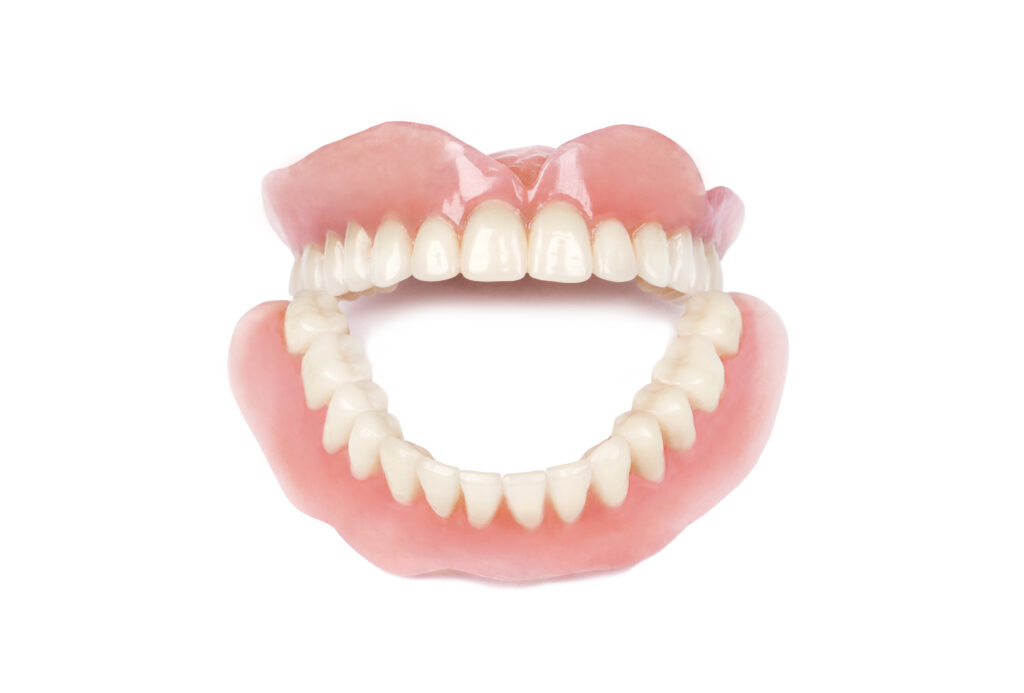Humans have four different types of teeth: incisors, canines, premolars and molars. Understanding these teeth and how they work is the first step in taking better care of your teeth. You’ll also be able to spot dental issues much faster if you know more about the four different types of teeth. So read on to learn more about your teeth.

Incisors
Incisors are the first teeth that grow in humans. Central incisors erupt at 6 to 12 months, while the lateral ones can take up to 16 months to grow. In total, adults have 8 incisors (4 in the upper jaw and 4 in the lower jaw). Since these teeth are at the front of the mouth, it’s very easy to notice any issues with them. For example, broken or discolored incisors can be spotted whenever you speak or smile.
Incisors aren’t just meant to be aesthetically pleasing. They’re meant to bite into food or tear food into smaller pieces. And that’s not all. Incisors also support the lips, giving you a better face form and making it easier to pronounce words. Needless to say, taking care of your incisors is extremely important.
Canines
Adults have four canines, and these are all positioned just next to the incisors. Canines effectively form the four corners of the mouth. These teeth erupt in children at around 16 to 23 months (upper jaw canines come before those of the lower jaw). Kids typically lose these canines before they reach 12 years old, at which point the permanent teeth start growing.
As the sharpest teeth, canine teeth are important for tearing into harder foods like meat. You can also use them to eat crunchy vegetables.
Premolars
Premolars are also referred to as bicuspids, and they’re located in front of molars and just behind the canines. Younger kids don’t have premolars as these only grow at the age of 9 to 13. Instead, the place where premolars are supposed to be is occupied by the first molar. These fall out just before the premolars grow.
So, what’s the purpose of these adult teeth? These teeth are primarily used to grind food or chew food. In some cases, they can be used for tearing. Premolars have a flat surface, and this makes them ideal for chewing food. Avoid using these teeth to open bottles as this makes them loose.
Molars
Molars are located far back in the mouth. It’s easy to confuse molars and premolars as they’re similar in many ways. One distinction they have is that molars have four cusps or points, while premolars have 2 or 3. Molars are also larger than premolars. The fact that they’re very strong makes them perfect for chewing hard foods.
The first molar appears at around 6 years, while the second molar erupts at around 12 years. The third molar (also known as wisdom teeth) takes much longer to appear. It typically grows at the age of 17 to 21.
Tips for Good Oral Hygiene
Brush your teeth every day!
Floss every day!
Avoid foods with a lot of sugar!
Get regular check-ups!
Visiting the dentist is also very important for healthy teeth. Visit our highly professional dentist at our dental clinic in Turkey Cosmedica Dental.
Conclusion
Humans have four different types of teeth. These are incisors, canines, premolars, and molars. Each of these has its own purpose and characteristics, and you need to care for them to make sure you avoid dental health issues. Some ways of protecting your teeth include brushing them daily, flossing, and avoiding high-sugar foods and drinks.